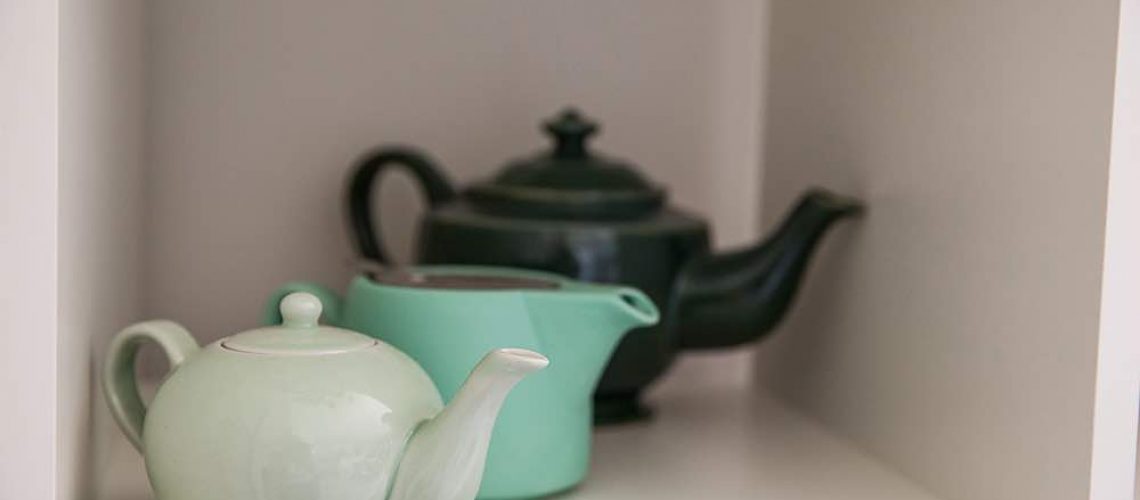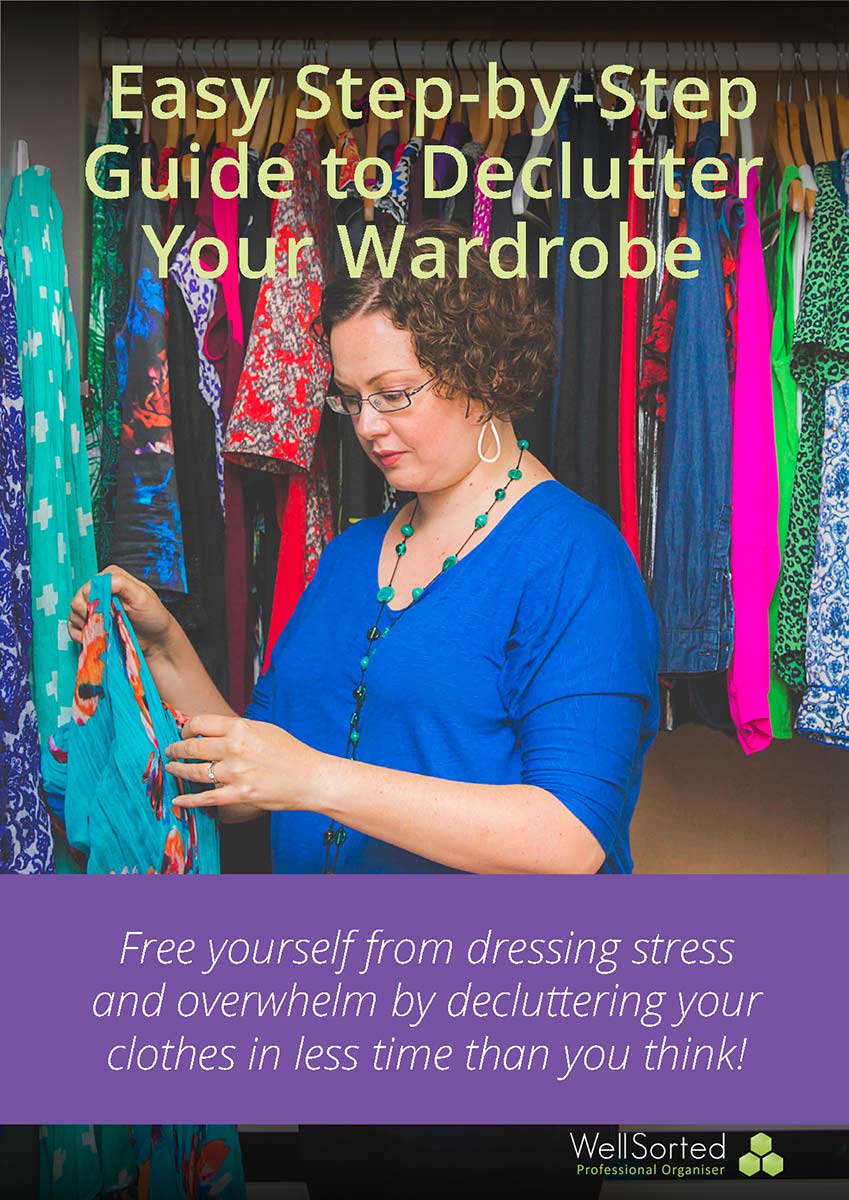Over the last few blog posts I’ve been talking about the four types of clutter. Emotional Clutter, Sentimental Clutter, ‘Valuable’ Clutter and Memory Trigger Clutter. This blog post, I’ll go over sentimental clutter and how to tackle it.
What is Sentimental Clutter?
What is Sentimental Clutter and does it really exist? I mean, there’s sentimental in the title, doesn’t that mean you should keep it? Sentimental clutter isn’t everything that is sentimental. It’s the stuff that reminds you of past relationships, jobs, personas and so on. The stuff we keep because we’re afraid we’ll forget who we were and what we’ve learnt. It’s the stuff we shove in a box and completely forget about.
Some examples would probably help right?
An academic book collection
Many of my clients have extensive book collections. When they say they want more space and they know they could probably get rid of some books, they find it really difficult to let any go when they start looking at them. Why? One reason is that they tell a story about who you are. It might say, “I like art, horror, biographies, history”. It’s a museum of you and your likes, past and present.
For one client, it tied very deeply in with his persona as a professional in his field and as a very well educated person. Letting go of books signified, letting go of his teachings and the feeling that others would not respect him if he didn’t have his obvious font of knowledge on display. How would they know everything he’d learnt if they couldn’t walk in and see all the books he’d read? How educated and knowledgeable he is?
Gifted knick-knacks
Another example would be knick-knacks that you no longer love. It’s been given to you from your aunt. You think it’s gaudy and it’s totally not you. Yet you’ve held onto it all this time because your aunt gave it to you and you know she meant well. It creates that guilty feeling when you think of passing it on, but it also has a sentimental element to it.
A shared collection
A personal example is my Stephen King book collection. It was put together by me and my father over many years, and we both enjoyed reading them and discussing them. A number of years ago he passed away. I kept the collection because it symbolised the positive aspects of our relationship and a common interest. When I became aware of this, I felt more comfortable parting with the part of the collection I’ve already enjoyed, and now as I work through the rest, will let them go. For me, I realised, I didn’t need to keep the books to keep that connection or memory. I also knew I had other things to remind me of him that I cherished more.
These are just a few examples of Sentimental Clutter. The items you know you want to release but for some reason you can’t without reflecting.
Dealing with Sentimental Clutter
Weed the ‘clutter’ from the ‘keeps’
It really comes down to weeding out the ‘clutter’ from the ‘keeps’. This only comes with giving yourself time to reflect on each item and understand why you’re keeping it.
I recommend gathering all your sentimental stuff up into one spot. Categorise them based on a memory. For example, all memories of your mum together, or a particular event. Then pick out the items that really speak to who she was, or to that event. Check if these items elicit positive feelings (even if there is some sadness mixed in with it). Display those that have positive feelings. Then look at the rest. Think about them. Do these items live up to the ones you’ve selected and the memories you have?
Be realistic as to how much stuff you have and acknowledge that storing it away in a box to never be seen again is not honouring your memories. Once you’ve picked your treasures and given yourself a reality check, you’ll find it might be easier to let go of the others.
Take the time to ‘process’
Just like Emotional Clutter, you might need some time to process the feelings that are associated with the item. Process the memory. The lessons learned, the person we were… whatever it is for you. Once you’ve had time to reflect on it, it can become clear that it’s filling up space you need for something in the Now.
If you feel like you’re not ready to let it go yet, that’s okay. With sentimental stuff, if you feel like you’re going to regret letting it go then it’s not the right time to get rid of it. You’re not done processing it. Or, it really belongs with your precious memories. Time will tell.
What about gifts?
If you’re keeping it to save hurting someone’s feelings (because they gave it to you), I’d ask yourself if it’s really worth it. Most of the time they won’t even remember they gave it to you. If you know they’ll ask about it, or want to borrow it, you can always offer it back to them. A gentle way of doing this is:
“Thanks so much for giving this to me all those years ago. I’ve gotten a lot of use out of it, but I’ve outgrown it, or find I don’t use it as much anymore. Would you like it or should I give it to charity?”
If you’d prefer not to say anything, don’t. If you feel like you need an excuse, you can say it broke (but be prepared for them to replace it next birthday if you make out that you loved it). Or say it’s packed away somewhere. I don’t really advocate this, but if that’s what you’re more comfortable with go for it.
Something to remember with the stuff we receive from others that holds some sentimental or emotional hold is that it was given to you. Once it is in your possession you have a right to do whatever you like with it. f you think it comes with strings attached, decline it when it comes your way.
Can you identify any Sentimental Clutter that you’ve kept that you’re ready to let go of? Go on, free yourself.







